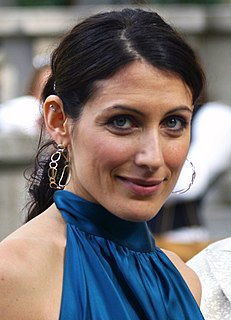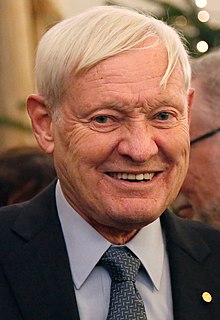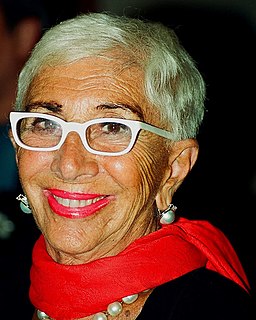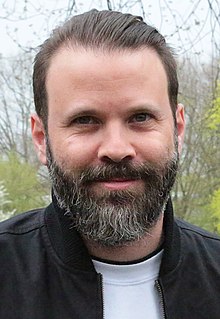A Quote by Joseph B. Wirthlin
I love the German and the Swiss people for their many fine traits of character. I love their language that is so exacting and yet so expressive.
Related Quotes
I'm German! Actually, I love my countr, ;I love the language. The German language is very special because it is so precise. There is a word for everything. There are so many wonderful words that other languages don't have. It is impressive to have such a rich language, and I love to work in that language.
I do think that people get really emotionally involved in the TV shows that they love and I think that is fantastic. Of course they are going to have opinions. The other thing is that people project onto their television shows. They see a character and layer on many traits that are actually their own or their idea of what that character is.
What I love about 'Breaking Bad' is the reflection of many people's - it's more real in terms of people have faults, people have character traits that they don't like about themselves. It resembles more of what the human journey really is and it's less fantastic and hero-driven than other characters and shows that we watch.
Love, I would later conclude, was all things to all people. Love was the breaking and healing of hearts. Love was misunderstood, love was faith, love was the promise of now that became hope for the future. Love was a rhythm, a resonance, a reverberation. Love was awkward and foolish, it was aggressive and simple and possessed of so many indefinable qualities it could never be conveyed in language. Love was being. The same gravity that relentlessly pulled at me was defied as I rose into something that became everything.
By an application of the theory of relativity to the taste of readers, today in Germany I am called a German man of science, and in England I am represented as a Swiss Jew. If I come to be represented as a bête noire, the descriptions will be reversed, and I shall become a Swiss Jew for the Germans and a German man of science for the English!
I work in Hebrew. Hebrew is deeply inspired by other languages. Not now, for the last three thousand years, Hebrew has been penetrated and fertilized by ancient Semitic languages - by Aramaic, by Greek, by Latin, by Arabic, by Yiddish, by Latino, by German, by Russian, by English, I could go on and on. It's very much like English. The English language took in many many fertilizations, many many genes, from other languages, from foreign languages - Latin, French, Nordic languages, German, Scandinavian languages. Every language has influences and is an influence.




































